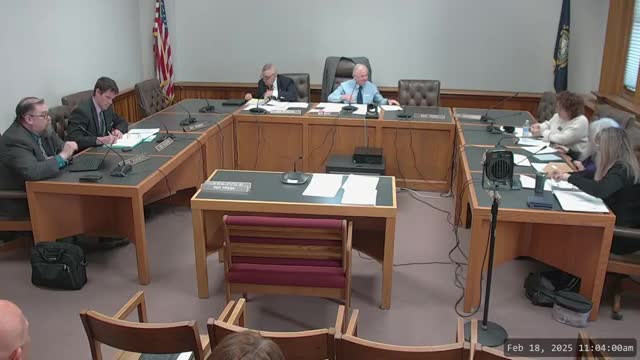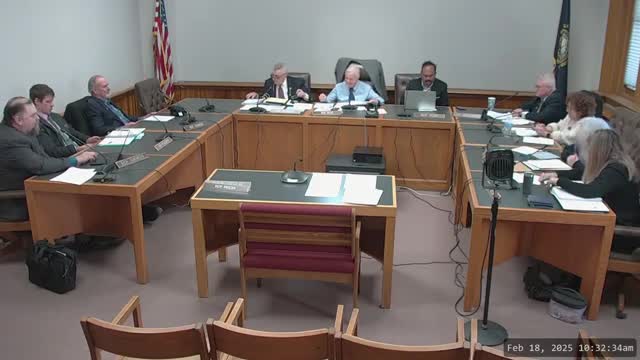Article not found
This article is no longer available. But don't worry—we've gathered other articles that discuss the same topic.

Subcommittee debates 'tavern' license; members seek town‑level approval language and higher fees to cover enforcement

Subcommittee leans toward paint stewardship plan without explicit manufacturer fee; antitrust exemption included

